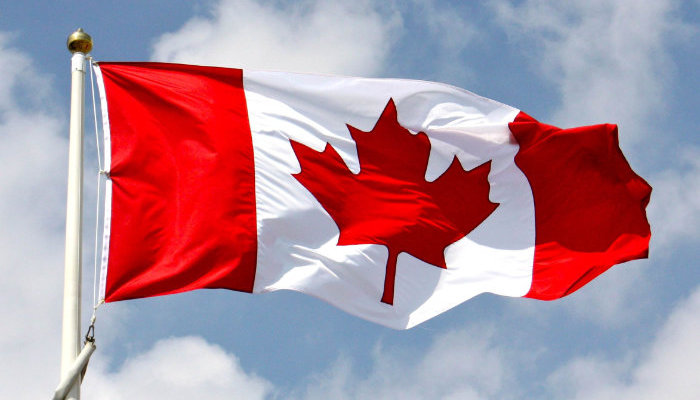In the news, we have big happenings on two fronts: Canada and Ukraine.
Canadian Prime Minister Justin Trudeau has invoked the Emergency Powers Act, putting Canada into a state of martial law to quell the trucker protest that has been happening for over two weeks. Trudeau stopped short of deploying the military but has empowered banks and financial service providers to freeze accounts without a court order, without fear of legal repercussions.
Trudeau deputy PM: “Financial service provider will be able to immediately freeze or suspend an account without a court order [if the person supports the truckers]. In doing so, they will be protected against civil liability for actions taken in good faith." pic.twitter.com/DFzWxkL0dL
— Tom Elliott (@tomselliott) February 14, 2022
The Canadian Civil Liberties Association has cried foul, claiming that the conditions have not been met to invoke the Emergency Powers Act:
The federal government has not met the threshold necessary to invoke the Emergencies Act. This law creates a high and clear standard for good reason: the Act allows government to bypass ordinary democratic processes. This standard has not been met. 1/3
— Canadian Civil Liberties Association (@cancivlib) February 15, 2022
Previously, Canadian authorities re-opened the Ambassador Bridge, which had been barricaded by truckers. The Ambassador Bridge is a key trade route between Windsor, Ontario and Detroit, Michigan.
#UPDATE A key US-Canada border crossing has reopened almost one week after it was shut by truck driver-led protests against Covid-19 restrictions, bridge's operator says.
"The Ambassador Bridge is now fully open, once again allowing the free flow of commerce" pic.twitter.com/ZvS5yl8Bux
— AFP News Agency (@AFP) February 14, 2022
Finally, in truck protest news, the rumored trucker protest convoy did not materialize, at least on the day of the Super Bowl.
Putin and Ukraine: For weeks, the United States government has been warning that Russian President Vladimir Putin would launch an invasion of Ukraine at any time. That was looking more likely to happen, as CBS News reported Monday that Russian units were entering battle formations.
CBS News has learned that some Russian units have left their assembly areas and begun to move into attack positions, according to a U.S. official. Some long-range artillery and rocket launchers have also been moved into firing positions. https://t.co/MMwjYE87lj
— CBS News (@CBSNews) February 14, 2022
In response, the United States State Department is moving the rest of its non-essential diplomatic staff from Kyiv to Lviv—nearly 400 miles away—and destroying computer equipment.
“As part of the move, the State Department ordered the destruction of networking equipment and computer workstations and the dismantling of the embassy telephone system.” https://t.co/upxhRtApav
— Dustin Volz (@dnvolz) February 14, 2022
In an address to the nation, Ukrainian president Volodymyr Zelenskyy announced that the Russian invasion would begin Wednesday, February 16th. But he quickly recanted the statement, saying that he was ironically quoting media reports.
After all the build up, Russia then extended something of a diplomatic olive branch, requesting more talks to peacefully resolve the situation.
Other news: You won’t be surprised to learn that things are getting more expensive. Mortgage rates in the United States have surged to the highest level in over two years, climbing from 3.55% to 3.69% in a single week. To put that in perspective, rates hit 3.72% at the start of 2020. The Federal Reserve may be forced to raise rates this year due to inflation not seen since the early 1980s: the official year-over-year number is 7.5%.
Gas prices are continuing to climb, thanks to the tensions over Ukraine, jumping 39% year-over-year. At one station, I saw the price jump up 15 cents overnight. Let us know what you’re seeing.
In viral news, the new Avian flu going around has been detected in Virginia and Kentucky, threatening livestock production. You don’t have to worry about getting sick, unless you’re a chicken or a turkey, but it could impact the food supply and prices.
Finally, yet another study has shown a link between COVID and short-term risk of cardiovascular disease. “We show that, beyond the first 30 d[ays] after infection, individuals with COVID-19 are at increased risk of incident cardiovascular disease spanning several categories, including cerebrovascular disorders, dysrhythmias, ischemic and non-ischemic heart disease, pericarditis, myocarditis, heart failure and thromboembolic disease,” the study authors wrote.

You are reporting the comment """ by on